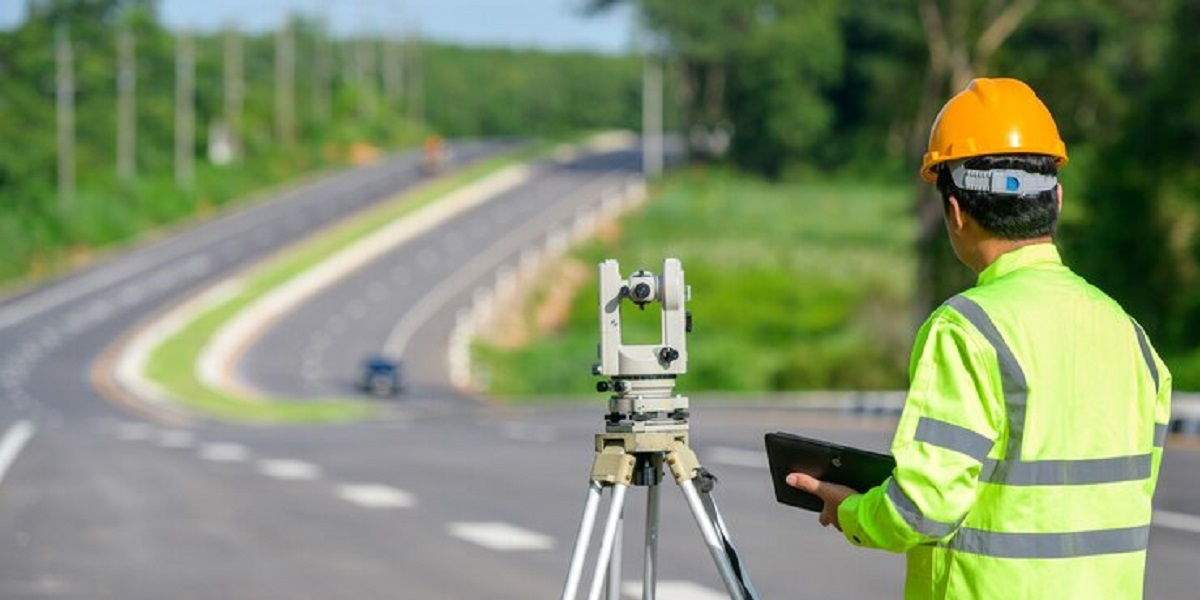In the intricate world of road construction, precision and quality are
paramount. Metrology, the science of measurement, plays a crucial role in
ensuring that roads are built to the highest standards. Accurate measurements
are essential for maintaining the structural integrity, safety, and longevity
of road infrastructure. This blog explores how metrology integrates with road
construction and quality control, emphasizing its importance in delivering
reliable and durable roadways.
Understanding Metrology in Road
Construction
Metrology in road construction involves various measurement processes and
tools to ensure that construction works meet the required specifications. From
the initial design phase to the final inspection, precise measurements are
critical. Key areas where metrology is applied include:
- Surveying and
Mapping: Accurate surveying and mapping are foundational to road
construction. High-precision instruments like total stations and GPS
systems help create detailed topographic maps, which guide the design and
alignment of the road. This step ensures that the road layout adheres to
regulatory standards and environmental considerations.
- Material
Testing: Quality control in road construction heavily relies on the
measurement of materials used. Testing the properties of aggregates,
asphalt, and concrete ensures that they meet the specified criteria.
Metrology tools such as spectrometers and rheometers are used to measure
properties like composition, viscosity, and strength, which are vital for
the durability and performance of the road.
- Structural
Measurement: During construction, it's crucial to monitor the dimensions and
alignment of road elements, such as pavements, curbs, and bridges.
Precision tools like laser scanners and level instruments are employed to
verify that these components are built to the exact specifications,
avoiding costly adjustments and ensuring the road’s long-term performance.
Quality Control Through Metrology
Quality control is integral to the road construction process, and
metrology provides the foundation for effective quality assurance. The
following practices highlight how metrology enhances quality control:
- Routine
Inspections: Regular inspections using calibrated measurement tools help
identify deviations from design specifications early in the construction
process. This proactive approach allows for timely corrections, minimizing
the risk of structural failures and extending the road's lifespan.
- Compliance
Verification: Adherence to industry standards and regulations is crucial for road
construction projects. Metrology ensures that all aspects of construction
comply with legal and safety requirements. Accurate measurement helps in
verifying that materials and construction practices align with established
guidelines.
- Data Analysis: Metrology
provides valuable data that can be analyzed to assess the performance and
reliability of road construction practices. Advanced measurement
techniques, such as 3D scanning and photogrammetry, offer detailed
insights into the construction quality, enabling continuous improvement
and innovation in road building methods.
Metrology is fundamental in road construction and quality control,
ensuring that projects adhere to high standards of accuracy and reliability. By
employing advanced measurement tools and techniques, the industry can guarantee
that infrastructure projects meet rigorous safety and performance requirements.
Beyond construction, metrology plays a crucial role in maintaining and
enhancing road quality over time, contributing to the long-term success of
transportation networks. Discover how metrology and cutting-edge technologies
are revolutionizing road construction at RAHSTA Expo 2024. Join us on October
9th-10th at the Jio World Convention Centre, Mumbai, to explore the latest
innovations, connect with industry experts, and gain valuable insights into the
future of road infrastructure.
